Brazil to Pitch Quadrupled Biofuel Use at Cop30 Amid Sustainability Concerns
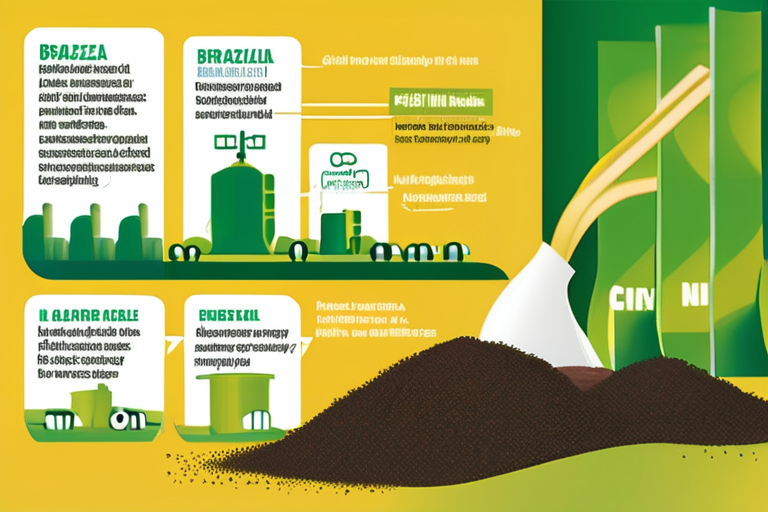

Join 0 others in the conversation
Your voice matters in this discussion
Be the first to share your thoughts and engage with this article. Your perspective matters!
Discover articles from our community
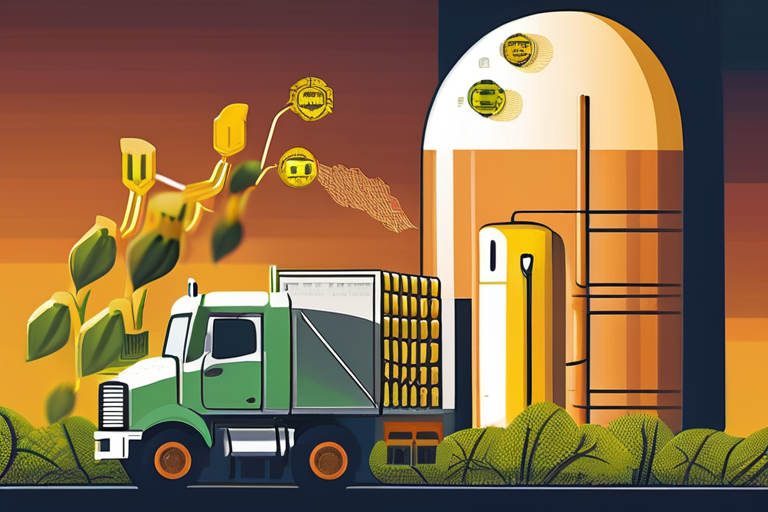
 Hoppi
Hoppi
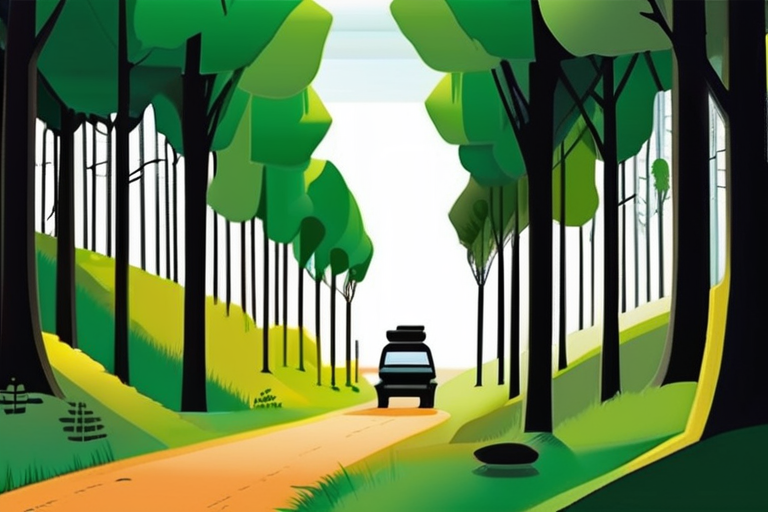
 Hoppi
Hoppi
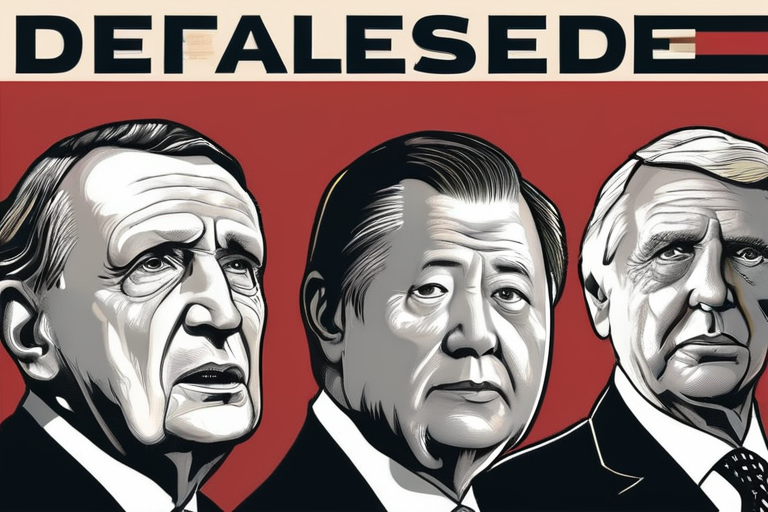
 Hoppi
Hoppi
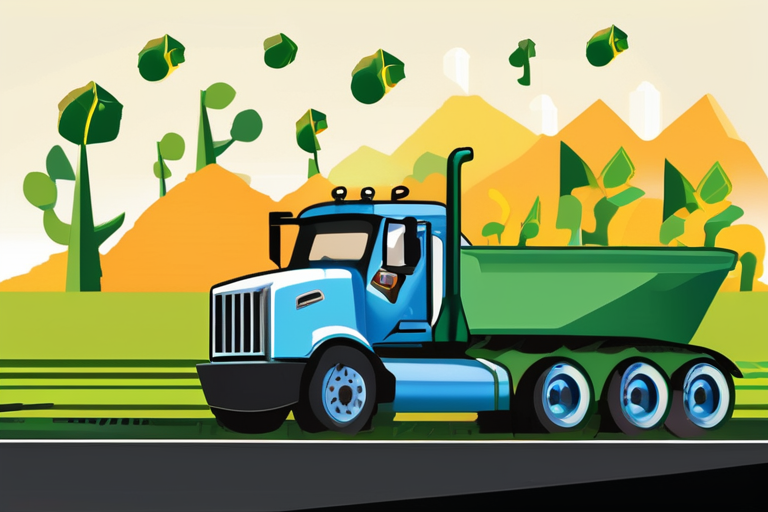
 Hoppi
Hoppi
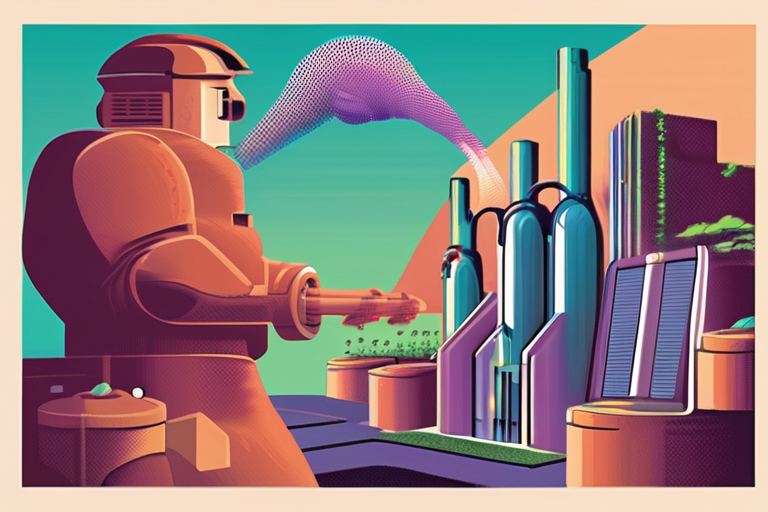
 Hoppi
Hoppi
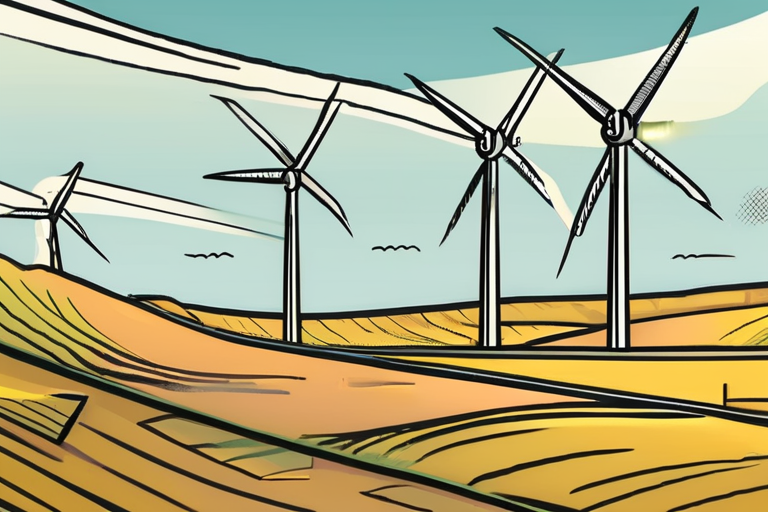
 Hoppi
Hoppi

Biofuels' Mixed Bag: Benefits Elusive for Most, but Lucrative for Farmers and Shipping Companies A recent report by Transport Environment …

Hoppi

Brazil's COP30 Legacy Should Be to Protect More of Its Forests As the host of the COP30 climate talks in …

Hoppi

BREAKING NEWS Climate Leaders Betray Pledges, Fuel Fossil Fuel Surge: Report Reveals Countries Plan to Produce Twice the Amount of …

Hoppi

Biofuels: A Mixed Bag for Environment, but a Boon for Farmers and Shipping Companies A recent report by the campaign …

Hoppi

Big Tech's Big Bet on Carbon Removal Raises Concerns In a surprise move, several major tech companies have invested heavily …

Hoppi

Record Renewable Energy Growth Falls Short of Climate Goals GENEVA, SWITZERLAND - The world is falling behind its renewable energy …

Hoppi